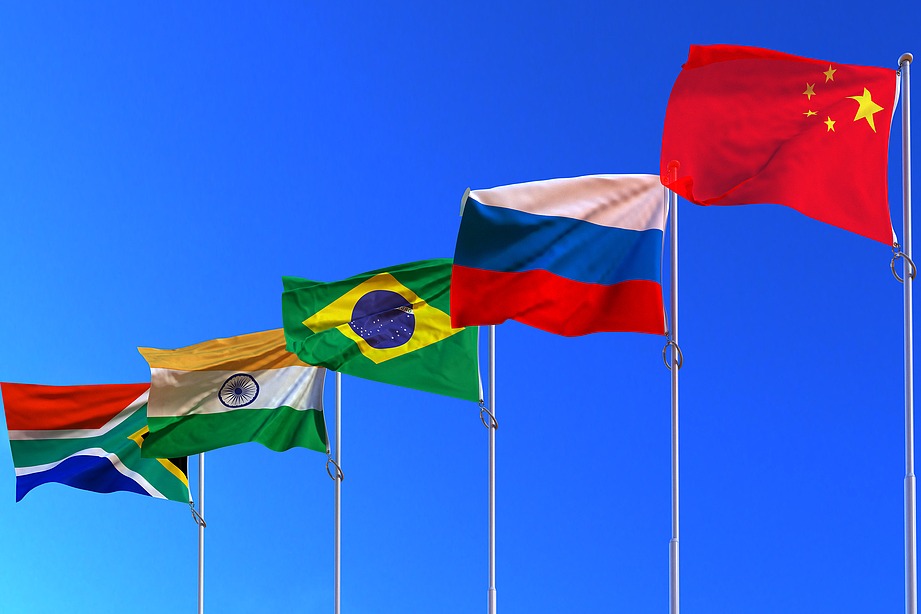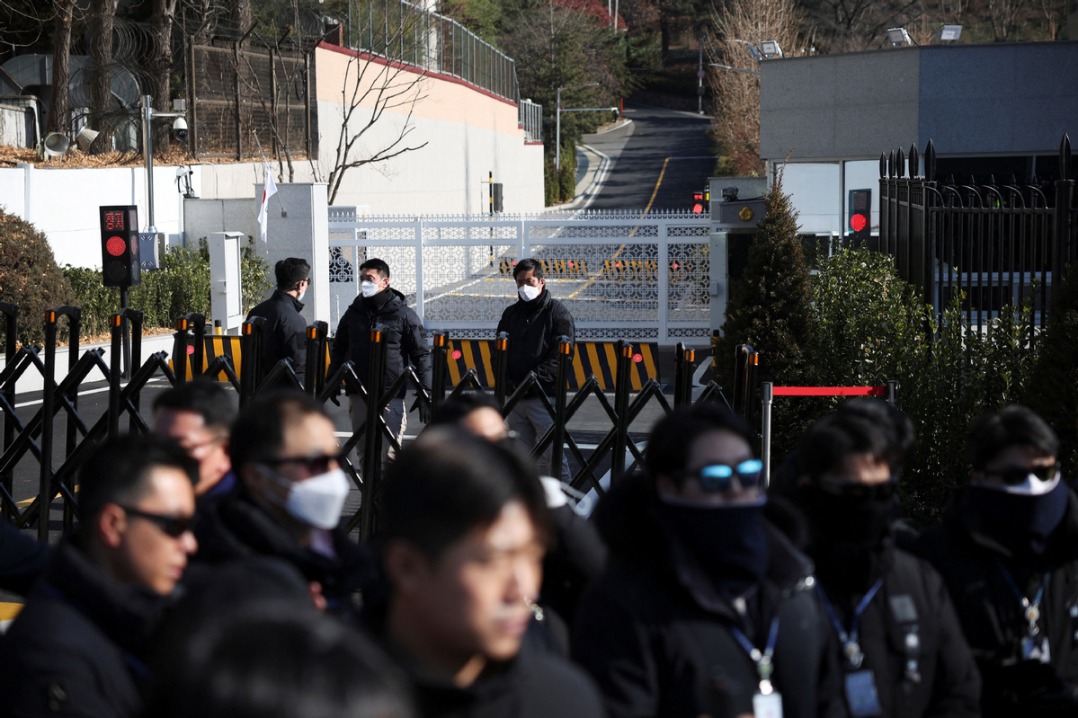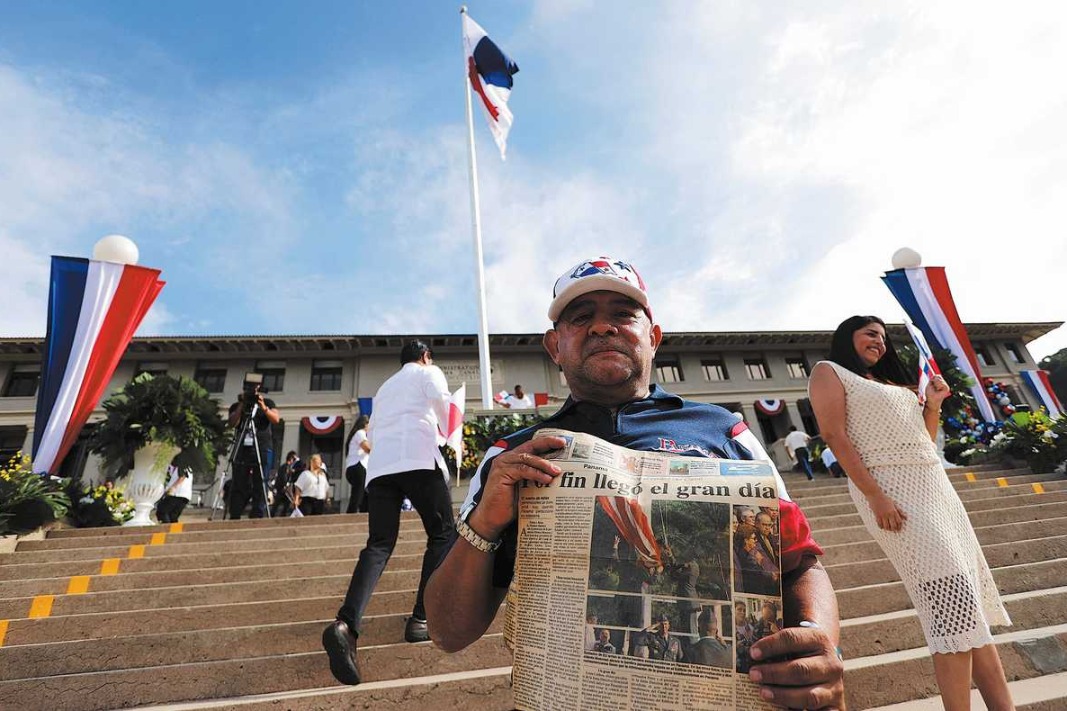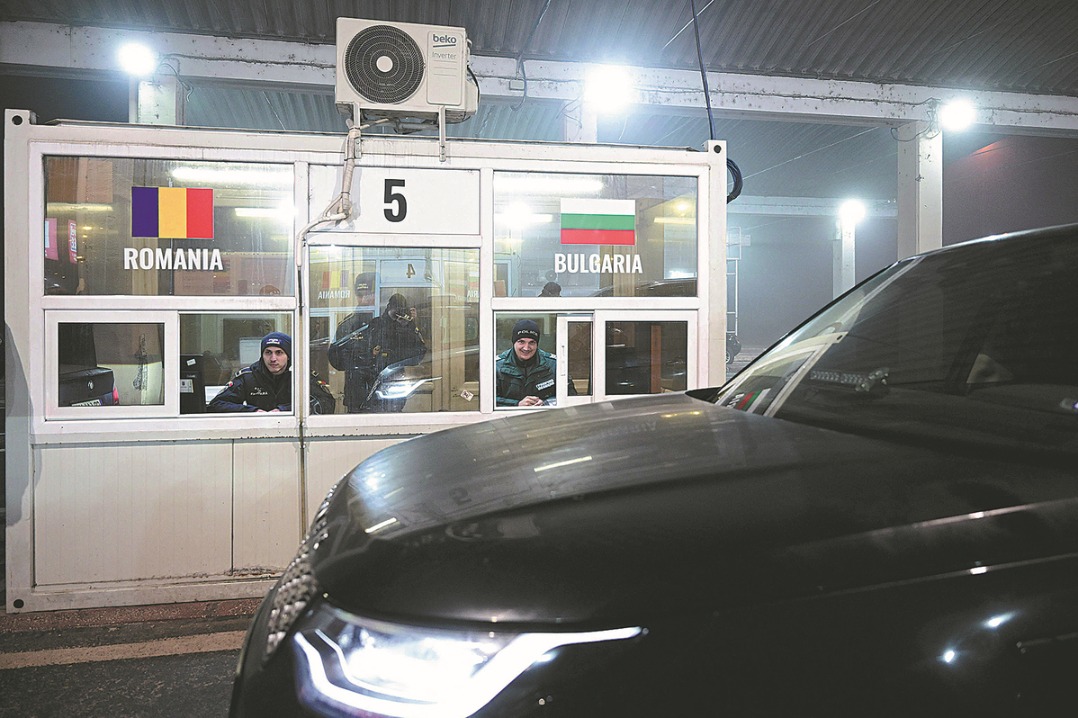Terrorist threats redefined 20 years after 9/11

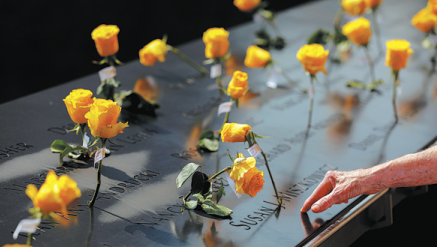
Citizens' assault
Commenting on the poll results, Carlos Lozada, a Pulitzer Prize-winning book critic, said more US citizens are now concerned about domestic extremism rather than foreign terrorism, and on Jan 6, "our own citizens assaulted the Capitol Building that al-Qaida hoped to strike on Sept 11, 2001".
Cal Jillson, a political scientist and historian at Southern Methodist University in Dallas, said international terrorism remains a threat, but has been alleviated since 9/11.
"If 9/11 was a failure of imagination in regard to international terrorism, then certainly the Capitol insurrection benefited from a lack of imagination in regard to domestic terrorism," Jillson said.
Asked how 9/11 should be remembered, Jillson said,"Some challenges do demand a response, but one hopes that the next generations learn that the response should make things better, not worse."
Richard Dunham, former president of the National Press Club in Washington, said that when responding to a terrorist attack such as 9/11, the focus should be on the perpetrators "instead of using a terrorist attack as an excuse to push your own political agenda (such as the invasion of Iraq, or bringing Western-style democracy to the Middle East)".
Dunham, a veteran journalist and now a journalism professor, said the US has foiled numerous foreign threats in the past two decades, thanks to the creation of a costly homeland security apparatus and the rise of a "security-industrial complex".

















